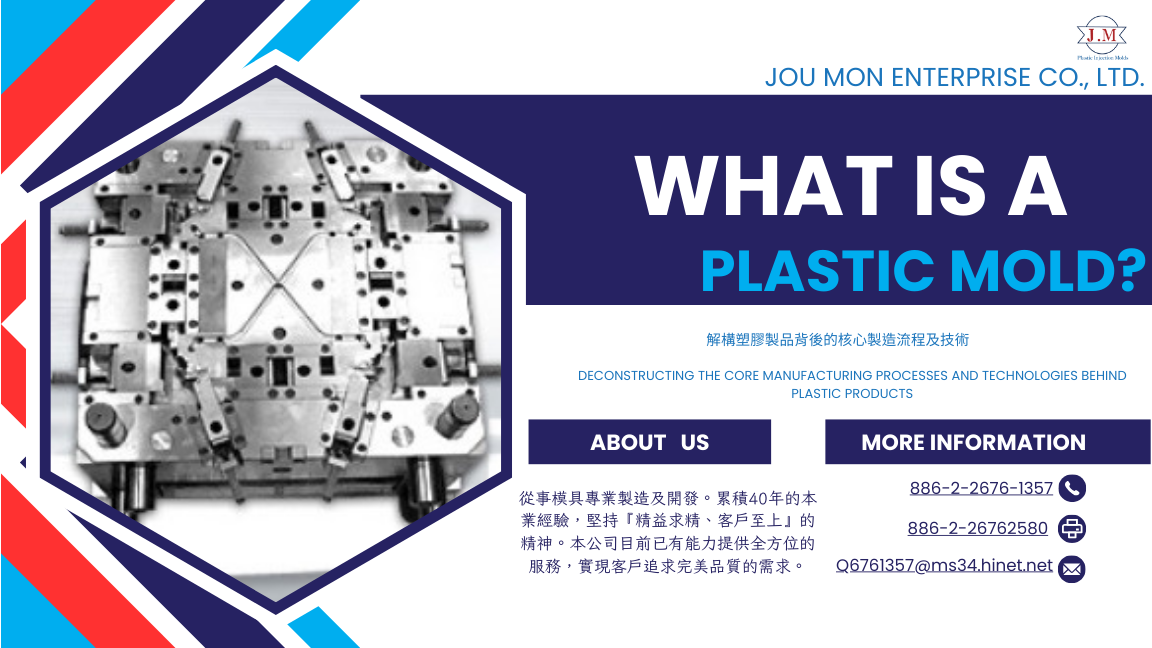
What is a plastic mold?
Plastic molds are a type of mold used for producing plastic products, characterized by the use of steel as the main construction material. Compared to molds made from other materials, steel molds offer greater durability and longevity. These molds are widely used in the manufacturing industry, especially in scenarios requiring long-term or high-volume production, where their advantages are particularly evident.
The manufacturing process of plastic molds typically involves the following steps:
- Design: Engineers design the CAD model of the plastic mold based on the product’s design requirements and specifications. This process considers factors such as the product’s shape, size, and material properties.
- Material Selection: Appropriate steel materials are selected as the main components of the mold, based on the mold’s usage requirements and production environment. Common steel materials include P20, 718, and H13.
- Machining: The designed CAD model is transformed into an actual plastic mold through precise machining. This usually includes CNC machining, milling, and grinding to ensure the mold’s accuracy and surface smoothness.
- Heat Treatment: After machining, the plastic mold typically undergoes heat treatment to enhance its hardness and wear resistance. This helps extend the mold’s lifespan and maintain product quality.
- Assembly and Testing: The various components are assembled into a complete mold and tested. This includes checking the functionality of the mold and adjusting its operational parameters.
Plastic molds offer several significant advantages:
• Durability: Due to the use of steel, plastic molds have higher durability and longevity, capable of withstanding long-term, high-intensity production use.
• Precision: The high hardness and stability of steel ensure the mold’s high precision and repeatability, enabling the production of high-quality plastic products.
• Versatility: Plastic molds are suitable for the production of various plastic materials, including common ones like PP, PE, and ABS. They can also be applied to different manufacturing processes, such as injection molding and acrylic vacuum forming.
Overall, plastic molds, as key tools for manufacturing plastic products, hold an irreplaceable position in modern manufacturing. Their high durability, precision, and broad applicability make them the preferred choice for many companies to meet diverse production needs.